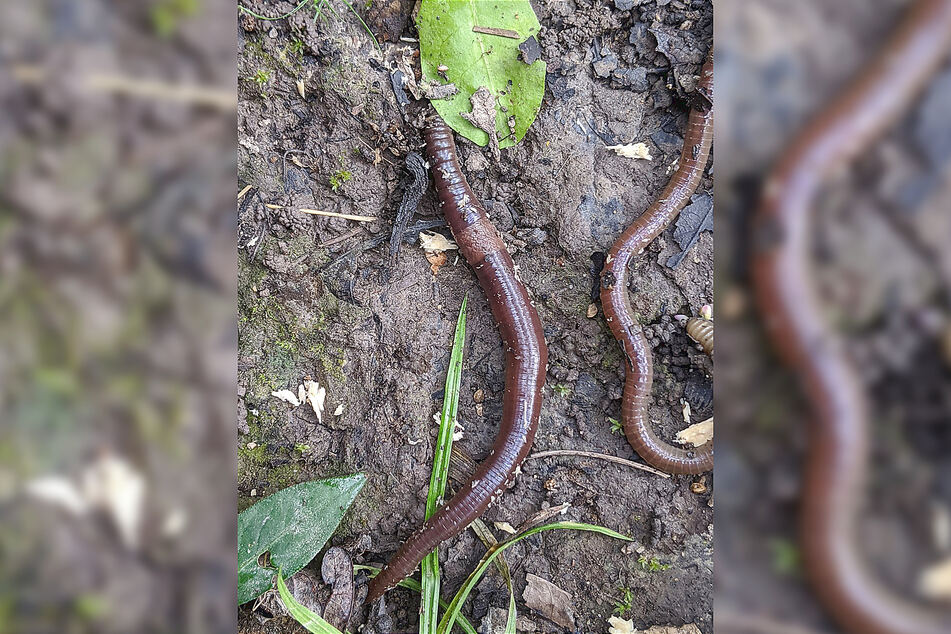Hopping mad: These weird jumping worms are taking over the US
Napa County, California - Worms are not usually the first things you think of when talking about acrobatics in the animal kingdom, but these critters can jump! And unfortunately, they're now taking over the US and have an athlete's appetite.

Jumping worms, also called Alabama jumpers, or crazy snake worms, can leap up to a foot, reproduce quickly, and have spread from Asia to the East Coast and California on imported plants, according to the Guardian.
They can be up to eight inches long, look a lot like a regular earthworm, but are absolute psychos on the dance floor. Just check out this video from @featheroutdoors on Twitter.
They flail, wiggle, jump, and jive, and can even ditch parts of their bodies if they feel threatened, which explains why they're also known as Alabama jumpers, Jersey wrigglers, or crazy snake worms. But if they aren't jiggling or eating, they're laying cocoons, and don't even need a partner to reproduce.
That makes them spread fast, unfortunately, turning them into a growing soil problem.
Jumping worms are hungry
The California Department of Food and Agriculture released a report to help deal with the worms, and said, "These earthworms are extremely active, aggressive, and have voracious appetites."
"True to their name, they jump and thrash immediately when handled, behaving more like a threatened snake than a worm, sometimes even breaking and shedding their tail when caught."
Right now, the real danger of this invasive species is to hardwood tree ecosystems. The CDFA report warned that it takes the worms only two to five years to completely destroy the top layer of soil forests depend on for nutrients.
But there are ways to deal with the worms, like covering infested soil with tarps and letting the summer heat cook their cocoons, bagging garden waste, and even getting picky about what plants and compost people let into their gardens.
If left unchecked, the jumping worms could cause serious harm to a forest near you.
Cover photo: Wikipedia Commons/John Abrams
